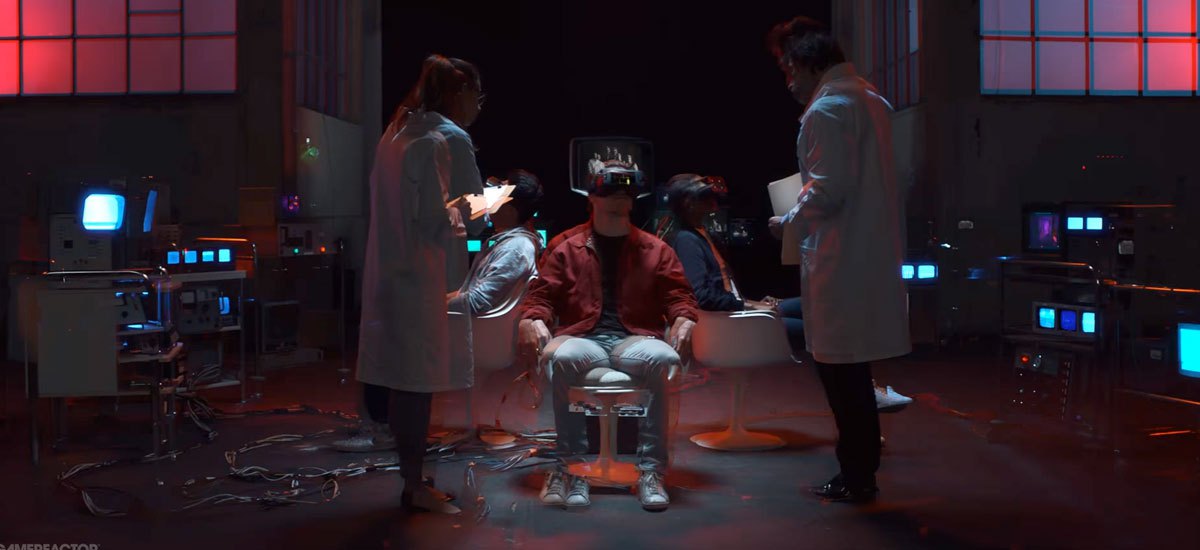Why do people continue to watch horror movies, play horror games, or read horror stories? It’s because they evoke one of the most primal emotions you can experience: fear. For decades, horror entertainment has explored different methods of reinventing fear, whether to introduce new horror figures like zombies or to focus on atmospheric and environmental scares. Now, with the arrival of virtual reality, there are more opportunities for horror narratives to evoke fear.
While recently released horror films like It, Alien: Covenant have both used VR for their respective marketing campaigns, it’s in horror video games where VR can really showcase its range. The gaming community already got a taste of what VR horror can do in the past year, with games like Wilson Heart on the HTC Vive and Oculus Rift and Here They Lie on the PlayStation VR. Another notable VR horror game is Resident Evil 7, and while the game in standard mode is already a must-play because of the franchise’s return to its roots, Resident Evil 7 in VR is another ‘must-experience’ altogether.
It seems as if 2018 will see more variety in VR horror games. Previously, Downright Creepy listed Inpatient as one its most anticipated horror games of 2018. Serving as a prequel to Until Dawn, Inpatient puts you in the shoes of an amnesiac patient who’s trapped in the Blackwood Sanatorium. The developers worked hard to make the game as realistic as it gets. For instance, Supermassive Games’ game director Nik Bowen shared how the team fine-tuned the controller’s gyro-functionality. “We use the velocity of the objects involved to tailor the vibration to your expectation.” In essence, it means you can feel the difference between running your hand up against the wall and punching it.
Another VR title that’s set to release this year is Transference, which is an ambitious project of Ubisoft and actor Elijah Wood’s studio Spectrevision. According to the trailer, Transference is half-game, half-film. The premise behind it is that you’re experimenting on a new technology that virtually reconstructs memories of people suffering from PTSD, in the hopes that it could help heal them.
Writer David Jagneaux was able to get a hands-on preview of Transference, indicating that he felt unsettled even after he removed his VR headset. Since the memories were only recreations s of traumatized memories, things would be glitchy and inconsistent (on purpose of course). With such a heavy topic they’re tackling, it seems as if the developers have concocted an intense narrative that would really give players goosebumps.
It’s not impossible to expect a VR horror game with touch capabilities soon as well. Though it is still in development, AxonVR is working on a haptic system that gives force feedback to the wearer. The tech has tiny actuators that place pressure on different points of the skin, depending on the visuals shown in VR. Once this is perfected, it can be used for horror VR, too. Imagine the feeling of being grabbed in the dark!
Virtual reality certainly opened many doors for the horror genre, but that’s not to say horror entertainment has not shined in the past several years. Even with all the terrifying movies coming out, horror entertainment has served audiences well in its many forms. The beauty of the genre is that fear doesn’t need to be evoked with an elaborate budget. The point is, it doesn’t take a whole team of triple-A studio developers to create a good horror game. You just need to have a gripping narrative and make smart use of gameplay mechanics.
There’s so much more VR horror can do, and while we’re still waiting for ideas to become reality, we can all agree that VR is revolutionising the genre.



